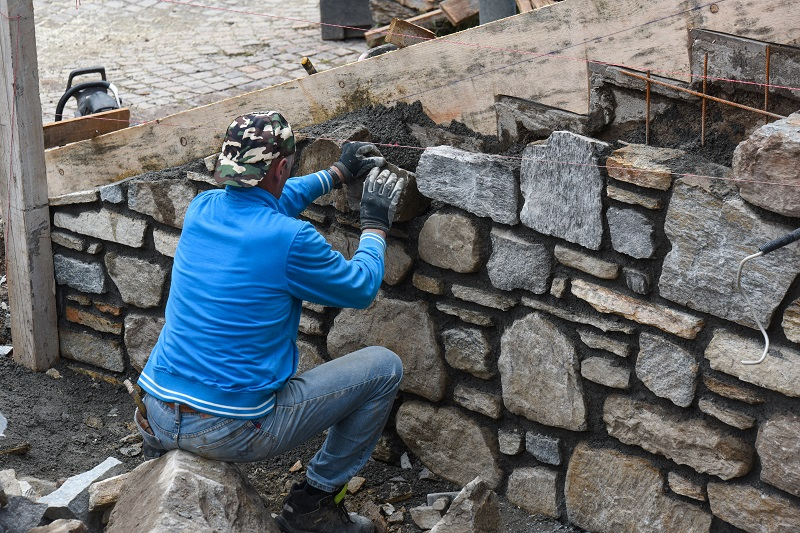ATD Blog
Building an Inclusive Organization: Bricklayers vs. Stonemasons
Mon May 22 2023

Just like some buildings may be constructed out of individual bricks, bound by mortar to make them strong, organizations are built out of individual people, bound by policies and procedures to make the organization strong. Organizations must acknowledge, though, that people are not bricks.
Bricks are all the same—their greatest feature is that there are no differences between them. A bricklayer can blindly grab a brick from their pile and set it exactly where they want it, and it will fit and take up the exact space they want to fill. Bricks are consistent. Bricks are equal.
Stones, on the other hand, are all different. No two stones are the same shape. When building a stone wall or fence, different amounts of mortar are used because the materials don’t always fit together just right. The stonemason can’t just grab any old rock and throw it into the structure. They must carefully and intentionally examine the pile of rocks to decide which one best fills the next gap and what is needed to keep it successfully in place. There is a certain artistry in a wall or fence made of stones compared to one made of bricks.
People function more like stones than bricks. Each individual is shaped uniquely in terms of innate talents, learned skills, worldviews, experiences, passions, and personalities. While similarities exist, no two people are identical in every respect. Organizations that value their people recognize that they are building an organization using stones, not bricks, and realize the need to adjust their policies and procedures (the mortar that binds the people together) to accommodate different needs. They understand that one size does not fit all.
Leaders who see people as bricks may build an organization that, at first glance, looks strong. But having this viewpoint results in the loss of the individual. Leadership will have to grind each person down from their unique shape into a standard-sized brick that fits into the overall structure. These kinds of organizations become toxic environments where people don’t want to work because they are not valued as individuals.
Organizations that value the individual and understand a person is more than just a “resource” will be flexible and create a culture of intentional inclusion. Inevitably, this brings out the best in people and creates healthy environments where workers flourish.
You've Reached ATD Member-only Content
Become an ATD member to continue
Already a member?Sign In

